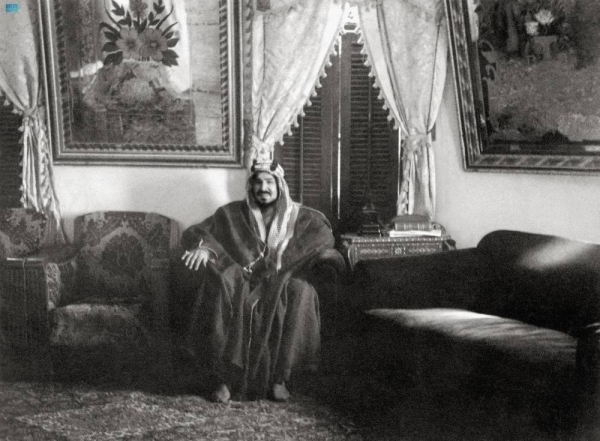King Abdulaziz Al-Saud, born in 1876 in Riyadh, dedicated his life to unifying the Arabian Peninsula under the principles of Islam. Facing tribal conflicts and economic instability, he successfully unified the regions in 1932, proclaiming the Kingdom of Saudi Arabia. Throughout his life, he navigated significant events that shaped his character, including his departure from Riyadh in 1889 and his daring expedition to reclaim the city in 1902.
After restoring order in Riyadh, King Abdulaziz focused on political stability, national development, and the expansion of the Holy Sites. He transformed the Kingdom’s name to Saudi Arabia in 1932, symbolizing the establishment of a modern state. His dedication to improving the quality of life for his people led to the initiation of oil exploration in 1933, culminating in the discovery of oil at Ain Jat in 1938.
Oil transformed the desert landscape into a thriving hub of economic activity, enabling King Abdulaziz to implement ambitious state projects and secure financial resources for national development. He engaged diplomatically with countries worldwide, maintaining the Kingdom’s independence in decision-making and fostering relationships based on respect for Saudi Arabia’s culture and religious stature.
King Abdulaziz’s legacy continues to inspire future generations, with National Day serving as a celebration of the Kingdom’s achievements and a reminder of the values of resilience, determination, and faith that defined his leadership. His passing in 1953 marked the end of an era, but his profound legacy lives on, influencing the Kingdom’s present and future trajectory.










